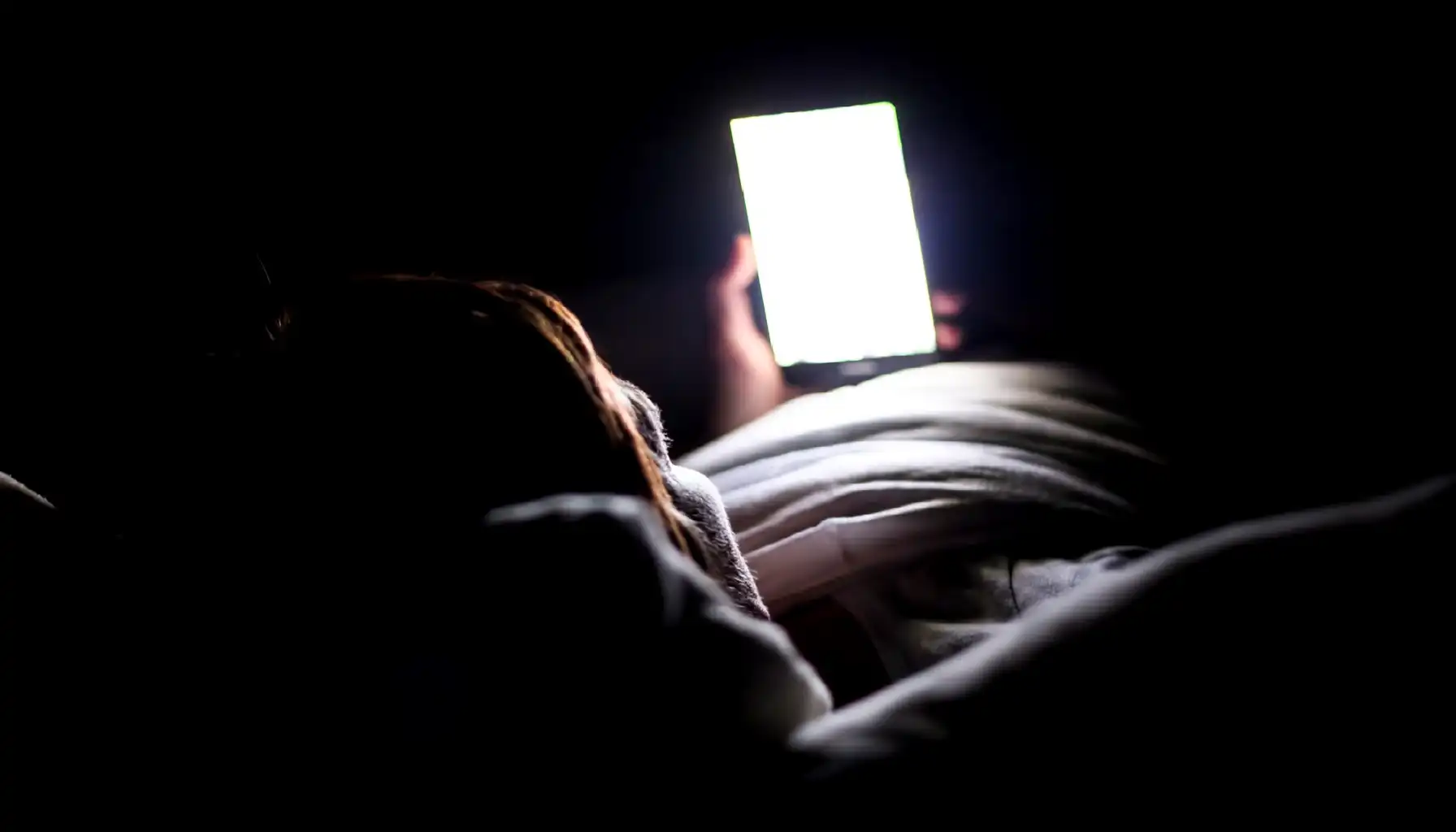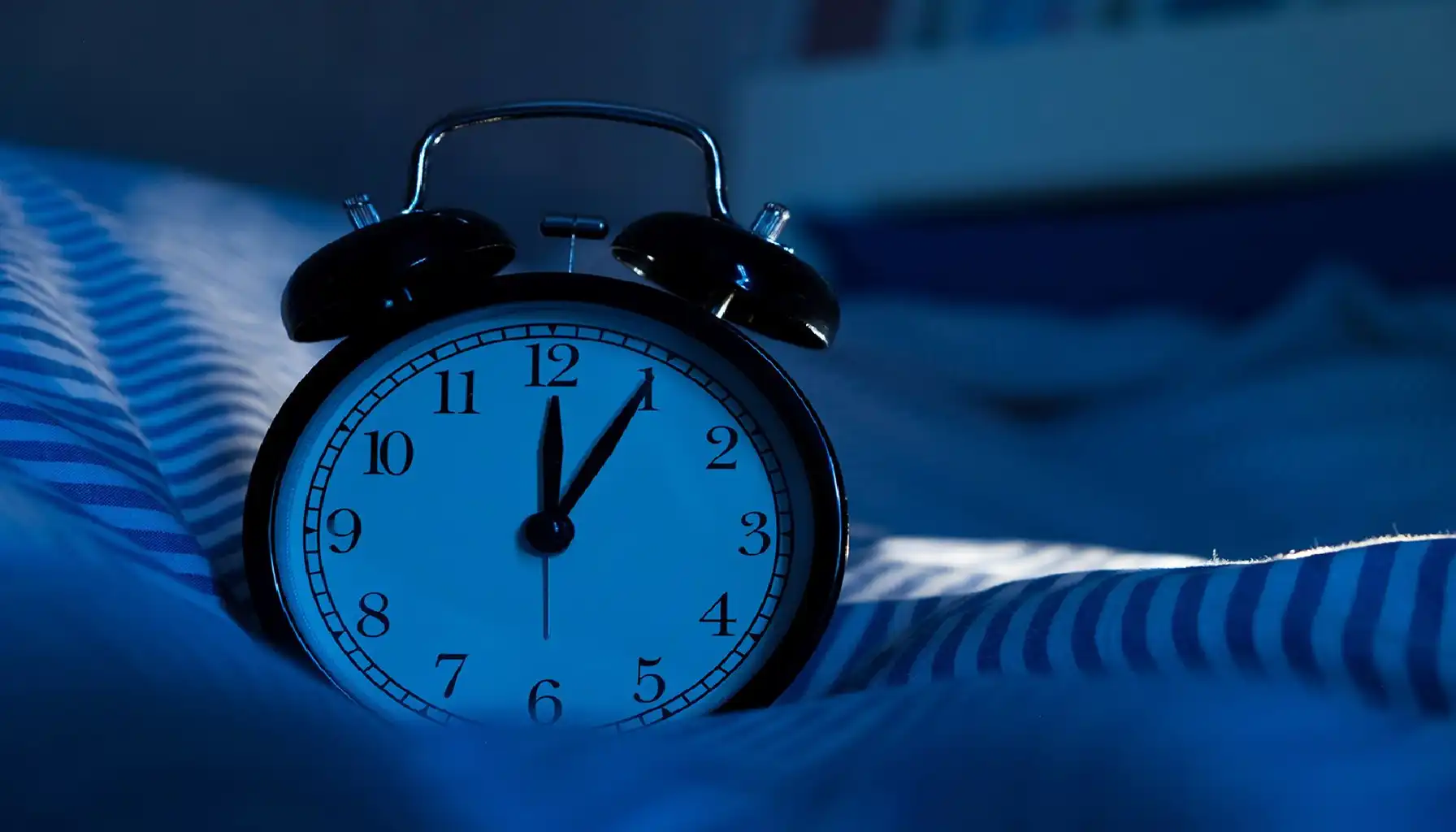How Sleep Affects Brain Performance and Mental Health

Contents:
How often do you feel tired, annoyed, or sad? Without a good night's sleep, you might experience all of that. By now, everyone knows that napping is as important as food or water. But not many know how to sleep properly.
Learn about how sleep affects mental health and how to sleep better. The recommendations are tested, proposed by experts.
Brain training keeps your mind sharp and healthy, just like a good night's rest.
What is Sleep
Sleep is a state of the body and the mind. During sleep, your body becomes less responsive to external stimuli, your muscles relax, and your brain enters a unique pattern of activity.

Sleep is more than just resting. It’s a highly active process during which both brain and body carry out essential maintenance and recovery tasks.
Humans (and pretty much every complex organism) can’t survive without resting. Unfortunately, in our modern age, we have probably the biggest number of restless insomniac people.
What Disturbs Our Sleep the Most
What prevents us from sleeping normally? There are many culprits, to be honest.
We could describe how physical activity affects sleep quality, but it can also positively affect our schedule. No, what affects sleep the worst is technology. That is why many people today have insomnia.
Here’s oneframework 6 ways technology affects your sleep health:

1. Blue light
Blue light affects sleep by suppressing melatonin. This hormone regulates when we go to bed and wake up. So don’t underestimate how blue light affects sleep. It could flip how your brain perceives time, and you’ll doze off only after an hour or two after you use a device.
Devices like phones, tablets, laptops, and TVs emit blue light. Try to put them away before you lie in bed.
2. Notifications and alerts
Firstly, notifications and alerts break sleep just because they emit sound. Secondly, even if your phone is on silent, vibrations, screen flashes, or late-night messages still interrupt your sleep cycles.
Bare anticipation of notifications makes you alert.
3. Game stimulation before bed
Games are not bad inherently. Brain Training games might even help you fall asleep. But not if you play games right before sleep.
Playing games is intense and stimulates your brain. It keeps your nervous system activated, making it harder to relax and doze off.
4. Video stimulation before bed
Just like games, movies, series, and videos are no good if watched before bed. Binge-watching leads to staying up much later than planned.
5. Increased anxiety via social media
Social media can stir up stress, jealousy, or worry. There’s nothing good about how social media affects sleep. Your emotions are running high, and you can't relax in bed properly.
6. Cognitive overload
You probably know what doom scrolling feels like. When you just can’t stop scrolling to get a little more entertainment before going to bed.
Constant exposure to content (videos, news, chats, feeds) floods your brain with excessive information. Your brain is overworking, trying to sort all of this information, and you wake up still tired.
5 Ways to Improve Sleep Quality
Follow these steps, and your sleep cycles will get better:

1. Establish a consistent sleep schedule
Go to bed and wake up at the same time every day, even on weekends. We, people, want safety, and fall asleep better when we’re feeling safe. A routine creates this artificial feeling of safety.
This habit helps regulate your circadian rhythm, making it easier to fall asleep and wake up naturally.
Yes, it might be hard to have a sleeping schedule, especially if you’re preparing for a big test like the Mensa IQ testing. Just remember, your well-being is on the line.
2. Create a sleep-friendly environment
Imagine the best bedroom ever. A place where you’d want to lie down. Now replicate it in your bedroom!
Usually, people like their bedroom to be cool, dark, and quiet to fall asleep. You can
Use blackout curtains, earplugs, or white noise.
3. Follow a tech-free routine
Please put down your smartphone an hour before bed. Turn off the TV, close your laptop, etc. Instead, start a relaxing routine 30–60 minutes before bed. Dim the lights, read a book, stretch gently, or listen to calming music.
4. Watch caffeine consumption
Many people drink coffee just as they drink tea or water, whenever they’re thirsty. Often, people are thirsty before bed. How much caffeine affects sleep? Coffee stays in your body for a few hours, and 200 mg would be enough to keep you awake for a few hours.
Avoid caffeine after mid-afternoon. It stays in your system longer than you think, until the very nighttime.
5. Use relaxation techniques
Try deep breathing, progressive muscle relaxation, or short guided meditations before bed. These techniques lower your heart rate and help signal to your body that it’s safe to rest.
Try meditating just before going to bed. Even 5–10 minutes of meditation can make wonders.

Sleep Influence
Sleep process and the brain are intrinsically connected, and this process influences so many systems in our body. Here is “How sleep affects your physical and mental health: an extensive guide” just for you.
How Sleep Affects The Brain
A well-slept brain thinks quickly, remembers things well, and just thinks positively. But it’s tragic how sleep deprivation affects the brain. Toxins and waste proteins that build up during waking hours don’t go away because of your insomnia. You’re thinking slower and just having a hard time, well… existing.
It’s complicated to say whether your brain is a muscle or not, but like any other muscle, it needs to relax.
How Sleep Affects Weight Loss
We usually think that weight loss is about diet and exercise. But a night’s rest is the third element to this puzzle. Two key hormones are affected by sleep: Ghrelin, the “hunger hormone” that increases appetite, and Leptin, the hormone that signals fullness. Insomniacs have more hunger hormones and feel less sated.
How Sleep Affects Your Health
A heart keeps us going. During deep sleep, your heart rate and blood pressure drop, giving your cardiovascular system time to rest and recover. What affects deep sleep badly, in turn, affects your heart and your life expectancy.
Relax well, live long!
Mind Elevate
Here’s an app to keep your brain fit even after the most restless night. Mind Elevate.
It’s a cognitive platform with 35+ games. They’re divided into categories like: Music games, Math games, Logic games, Memory games, Brain Training games, and Attention games.
What we appreciate is that it’s not just for training. The platform is also about mental wellness. It gives guides and blogs about cognitive development, IQ tests, and our brain. If you’re curious about yourself, check it out.
You can download Mind Elevate for free on your iOS/Android device.





